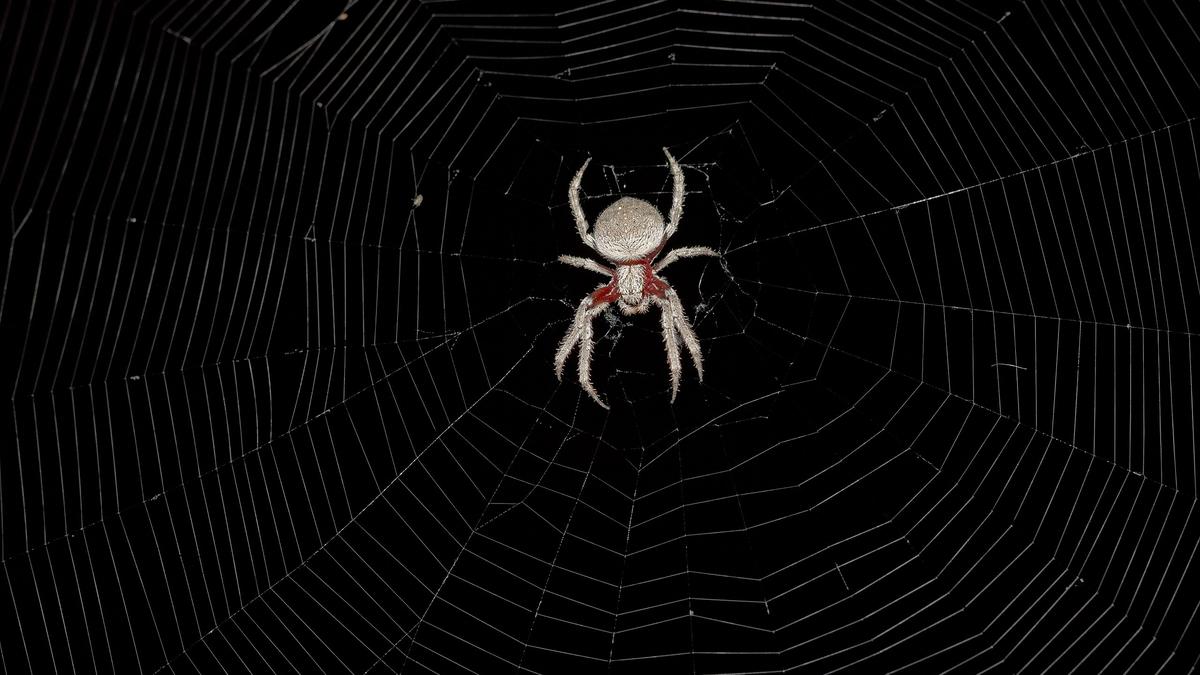
City light pollution is shrinking spiders’ brains
The Hindu
Light pollution affects nocturnal spiders, shrinking their brains and potentially impacting their vital roles in ecosystems.
As darkness falls, the nocturnal half of the animal kingdom starts its day. Nocturnal species are perfectly adapted to navigate and survive the dark of night that has existed for countless millions of years.
What happens to these creatures when the darkness they call home is transformed by streetlights and other artificial night lighting?
In new research published in Biology Letters, we studied how light pollution affects the development of Australian garden orb weaving spiders. We discovered it makes their brains smaller, particularly in the regions devoted to vision – with unknown effects on their behaviour.
Artificial light is one of the fastest-growing ways humans are polluting the world, and it has a huge range of effects on animals, plants and ecosystems. Recent evidence suggests the stress of living with light pollution may impair the growth and development of the brain in some birds and mammals.
This may be catastrophic. To survive in novel environments where light pollution is most common, such as cities, animals may actually need larger and more complex brains.
But what about insects and spiders and other, smaller creatures that inhabit the night? Could light pollution similarly affect the growth and development of their brains?
Our study on the nocturnal Australian garden orb weaving spider suggests it does.

Climate scientists and advocates long held an optimistic belief that once impacts became undeniable, people and governments would act. This overestimated our collective response capacity while underestimating our psychological tendency to normalise, says Rachit Dubey, assistant professor at the department of communication, University of California.












